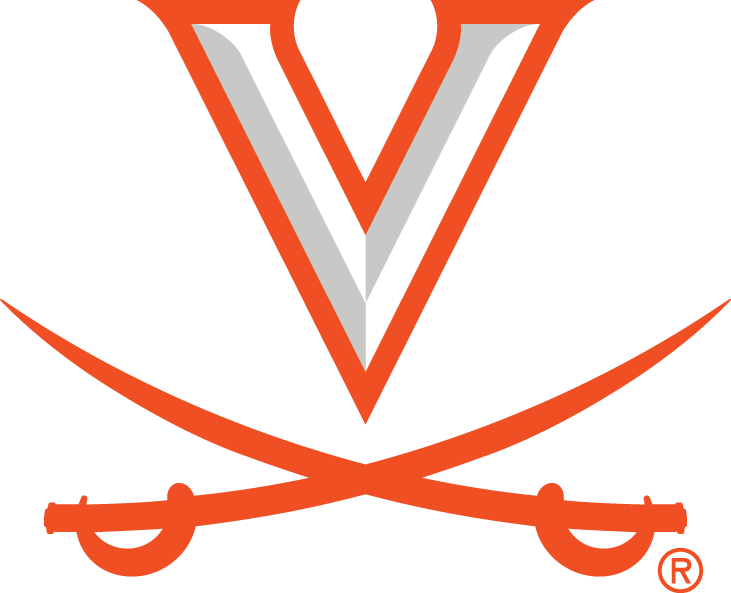By Jeff White (jwhite@virginia.edu)
VirginiaSports.com
CHARLOTTESVILLE, Va. — In late October, about a week before the start of the ACC tournament, Ole Keusgen’s professional life changed. Michele Madison, who had led the University of Virginia field hockey program for 18 years, went on leave and Keusgen was named acting head coach.
His immediate focus was on guiding Cavaliers through the postseason, not on implementing any major changes to the operation. Once the season ended, however, UVA removed “acting” from his title, and Keusgen was able to start putting his stamp on a program whose staff he joined as an assistant coach in 2015.
“The tough part about that situation was, being thrown in there you have a certain idea how you want to play a game,” said Keusgen, who’d been UVA’s associate head coach since May 2021, “but you can’t really ask your team in two weeks to do it. So that’s what we use the spring for, to literally do like a 180 turn. It’s a good time to kind of implement what we want to see.”
The Wahoos have played three scrimmages this semester, with two more to come: Saturday at Duke and Sunday at North Carolina. Keusgen (whose full name is pronounced Ollie Coys-jen) said he’s been introducing his system this spring, teaching his players what he’s looking for in terms of “how we pass the ball and what angle are we passing the ball and what angle are we actually moving away from the ball to receive it. All those things are very modern, and we talk often about position-less play, being more independent and more creative, so it allows our players, who are highly talented, to actually put their talent on the field and not put it in, like, a tactical cage.”
Many of these concepts are departures from what Madison stressed, noted Keusgen, a native of Germany. “The ideas are very different,” he said. “The positions are very different. The demands to players, the communication to players, are very different.”

He wants his players to have the freedom to make on-field decisions based on the principles they’ve mastered in training, as opposed to “me telling you, ‘In situation X you do A, B, C,’ ” Keusgen said. “The best part of that is that our players are very good, so they can handle it. If you have a team that is low skill, low hockey IQ, that would be tough. But our players are highly talented. We get top recruits. So in my opinion, you have to do it a certain way in order for them to just embrace how good they can be.”


